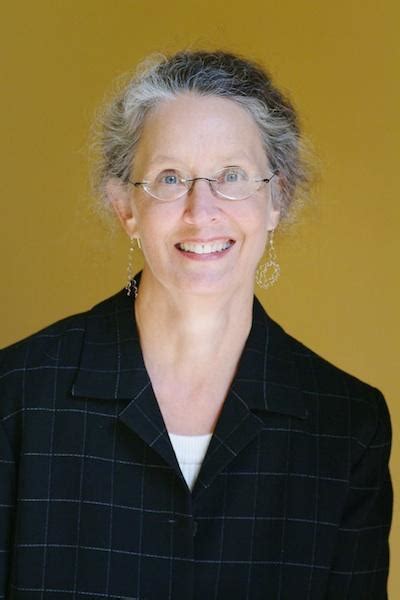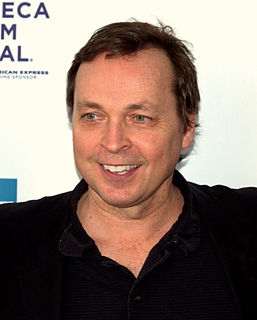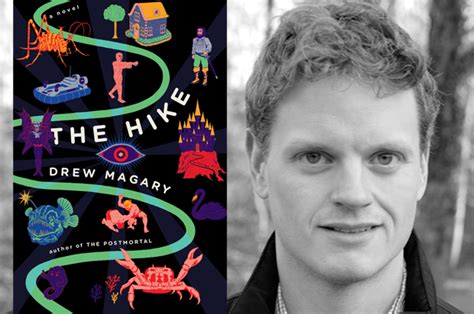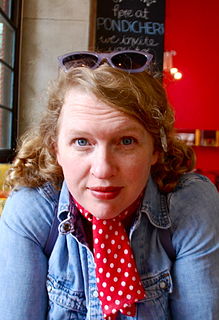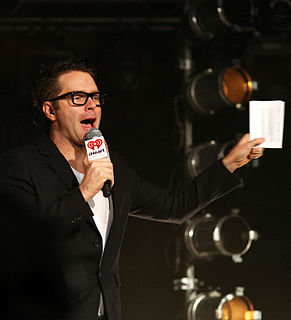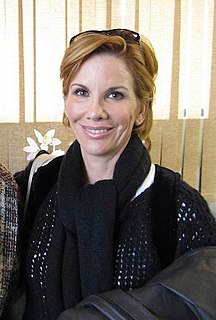A Quote by Nigel Hamilton
For the serious biographer, history and the life story of a real individual are inseparably intertwined. Get the facts wrong, or distort them, and the life story gets distorted: becomes fiction.
Related Quotes
Fiction and nonfiction are not so easily divided. Fiction may not be real, but it's true; it goes beyond the garland of facts to get to emotional and psychological truths. As for nonfiction, for history, it may be real, but its truth is slippery, hard to access, with no fixed meaning bolted to it. If history doesn't become story, it dies to everyone except the historian.
The autobiographer looks at life through the lens of his or her own life and really uses herself or himself as the jumping-off place to examine the social mores and the economic and political climates. In a way, the autobiography becomes history as well as the story of one person, for it becomes the story of a family or the story of the state or nation.
If the point of life is the same as the point of a story, the point of life is character transformation. If I got any comfort as I set out on my first story, it was that in nearly every story, the protagonist is transformed. He's a jerk at the beginning and nice at the end, or a coward at the beginning and brave at the end. If the character doesn't change, the story hasn't happened yet. And if story is derived from real life, if story is just condensed version of life then life itself may be designed to change us so that we evolve from one kind of person to another.
I try to be as faithful as possible to the facts as I understand them, but any story is at least partly a product of the imagination. I can comprehend a lot by immersing myself in all of the information I've collected, but my imagination is what brings it to life, and the bridging of that gap - between the received history and the conceived fiction - is both the most difficult and most enjoyable part of the process for me.
Facts are neutral until human beings add their own meaning to those facts. People make their decisions based on what the facts mean to them, not on the facts themselves. The meaning they add to facts depends on their current story … facts are not terribly useful to influencing others. People don’t need new facts—they need a new story.
That story about the two women in my life is - a lot of people get upset, a lot of people question it. Steven Soderbergh said to me, "The story of your life is incredible. The real story of your life that's interesting, more interesting than all the other stuff - the franchises, the movies, the songs, Elvis Presley, Frank Sinatra - the real thing that's interesting and unbelievable is the relationship with these two women. And if you're willing to put that out there, you know then, you're going to have a great movie. Because that's the movie."
I found that life for me gets a lot more serious as you get older. You start off young and happy and smiling and "Wooo! I'm having fun!" And then you get married, and that's very serious, and you have kids, and that's very, very serious. So as you get older, you start thinking about passing away, and that becomes extremely serious.
My mother, whom I love dearly, has continually revised my life story within the context of a complicated family history that includes more than the usual share of divorce, step-children, dysfunction, and obfuscation. I've spent most of my adult life attempting to deconstruct that history and separate fact from fiction.





